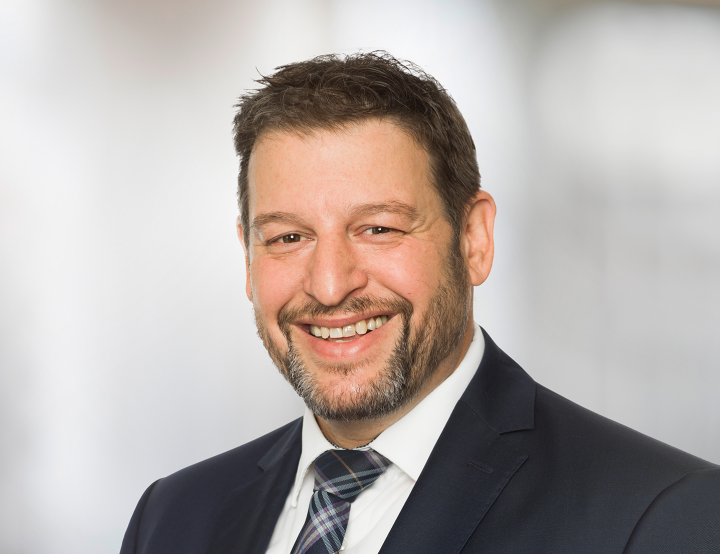
The overall rise in interest rates brings investors more opportunities to create yield through bonds and other fixed income assets than there have been in a long time. However, this has not changed the trend towards alternative investments. Both the number of enquiries and the number of transactions is growing steadily. There is an unwavering demand on the debt as well as on the equity side of private markets.
Universal Investment, one of Europe’s largest fund service platforms and Super ManCos, takes a regular look at investor behaviour. The group has around 980 billion euro in assets under administration and locations in Luxembourg, Frankfurt/Main, Dublin and Krakow. Universal Investment Group has been evaluating its client’s transactions since 2011, using the findings to feed into strategy and investment discussions.
Cautious regarding equities
Investment behaviour is significantly influenced by the inflation expectations of fund managers. Inflation rates in Europe and the US are going down. However, core inflation - excluding volatile energy and food prices - currently remains at a high level. At the same time, unemployment figures stay low. According to market expectations, the ECB is expected to maintain the high interest rate level until at least mid-2024 and only lower it slowly thereafter. The same applies to the Fed, where a high core inflation rate, stable labour markets and very profitable companies mean that a possible slow interest rate cut has been postponed to 2024.
In this market environment, managers of pension funds, insurance companies or foundations have slightly stocked up their share of bonds but kept their equity ratios unchanged compared to the last quarter. In the fixed income realm, investments that are considered as safe are favoured, like government bonds with good ratings and investment-grade corporate bonds with medium and longer maturities or short near-money market papers.
When it comes to equity investments, the effect of the current interest rate development is apparent. Now that fixed-interest investments are yielding again, the stock market is no longer without alternative.
Longer holding periods
Investments in private markets have become a permanent part of long-term portfolios. From what once was considered a niche market, the asset class is valued by investors as a means to diversify and stabilise their portfolios, if it suits their risk profiles.
Demand for Private Equity and Private Debt remains on a high level. In recent months, it could be observed that bigger funds being more active than their smaller counterparts, as far as their respective quotas or investment limits allow. After the turnaround in interest rates, smaller funds can generate income more easily than by setting up the rather complex structure of an Alternative Investment.
Compared to past years, it becomes apparent, that funds have prolonged their distribution times and also their holding periods. Some funds are even focusing on thematic investments and are combining equity and debt.
With a share of around 64 percent, Private Equity is the dominant segment among Alternative Investments. A look at the pipeline shows that investors move out of the extremes with more focus on core Europe and mid-market buyouts.
Investments in Private Debt stand for around 14 percent. They are particularly sought after because they bring regular returns during their term. Institutional investors are paying close attention to the individual assets behind their investments. Focus on the domestic markets is rising, whereas interest in the USA and especially Asia, which was just beginning to develop, has declined again.
The increasing ESG focus and the regulations that go with it are one of the major challenges for investors in Alternative Investments going forward. Transparency and comparability of data are vital. We see a development that is at the same time promising as it is much needed: new companies are entering the market, developing tailor made Alternative Investments to focus on solutions and contribute ideas. The number of providers is increasing and so is data quality.
Martin Groos is member of the management board at Universal Investment Luxembourg, knowledge partner of Investment Officer Luxembourg.